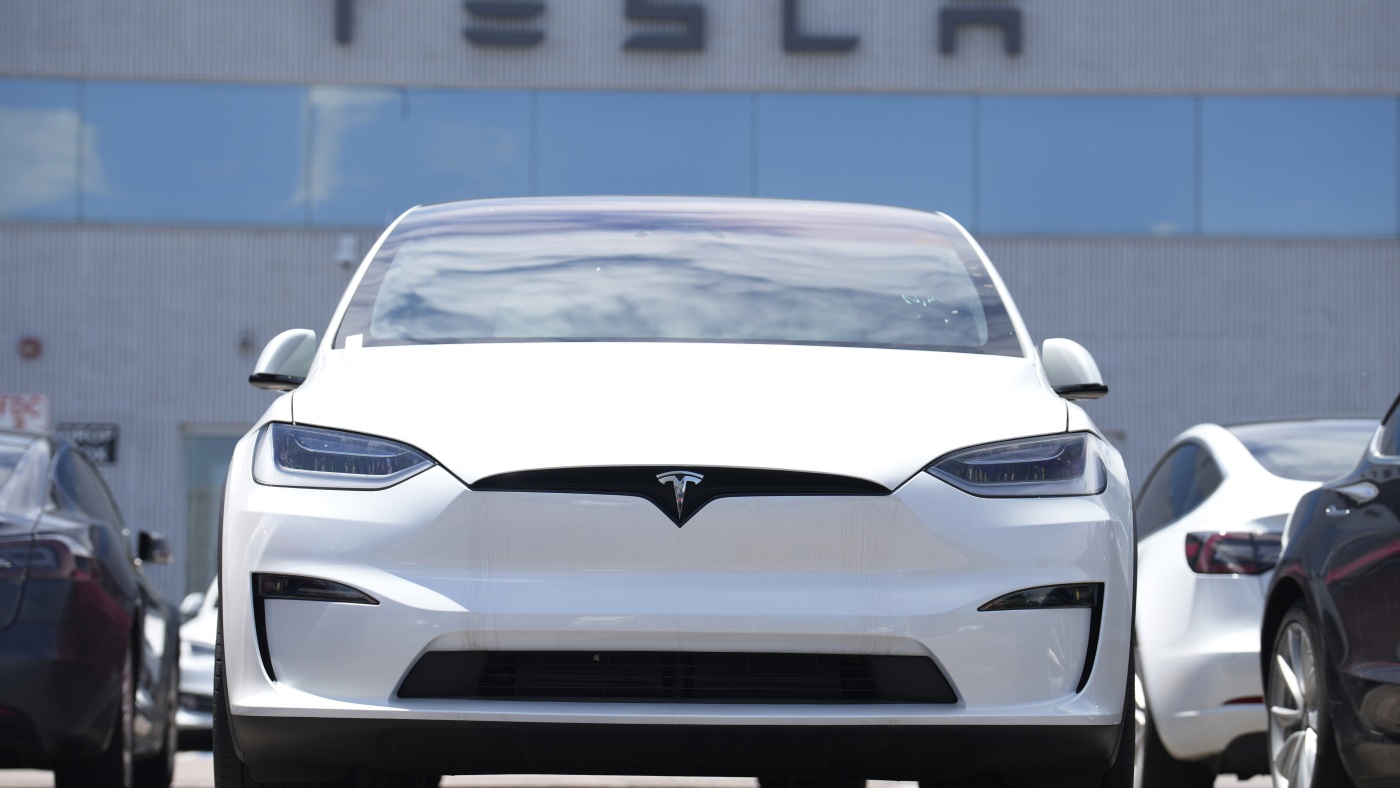Tesla recently reported a profit decline in the second quarter. This drop comes as the company faces challenges despite CEO Elon Musk’s shift back to focusing on his businesses after some controversial political involvement.
Sales of electric vehicles (EVs) have been weak. In fact, Tesla noted a 13.5% drop in sales compared to the same time last year. Their net income also fell 16% year-over-year. This continues a trend, as the first quarter saw a staggering 71% drop in profits and a 13% decline in sales.
During a call with investors, Tesla described this quarter as a pivotal moment in their journey. They aim to lead not just in EVs and renewable energy but also in AI and robotics. The company launched a robotaxi service in Austin and is developing a humanoid robot named Optimus.
In the second quarter, automotive revenue fell 16%, while energy generation and storage revenue decreased 7%. On the upside, revenue from services and other areas rose 17%.
Critics have pointed to Musk’s political activities as a possible cause for the decline in car sales. While he has previously claimed there’s no drop in demand, the reality might suggest otherwise. Recent surveys indicate Tesla’s brand reputation is suffering, particularly among Democratic car shoppers who are increasingly interested in EVs.
Tesla faces growing competition. Traditional automakers are beginning to make their mark in the EV sector, now holding 13% of the market. Once dominant, Tesla now commands about 46.2% of EV sales in the U.S., down from nearly 80%.
Additionally, Tesla is experiencing internal changes, losing three senior executives recently. Investors were also unsettled earlier this month when the company missed a deadline to announce its annual shareholder meeting—now rescheduled for November.
Overall, while Tesla still plays a key role in the EV market, external pressures, internal challenges, and changing consumer perceptions are reshaping its future.
For more insights on the EV market, you can check out this Cox Automotive report.


